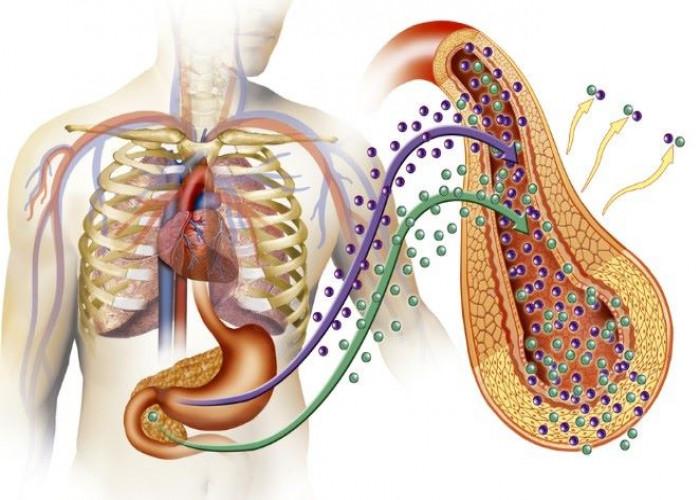 Welcome
Welcome
“May all be happy, may all be healed, may all be at peace and may no one ever suffer."
Diabetic hyperosmolar syndrome
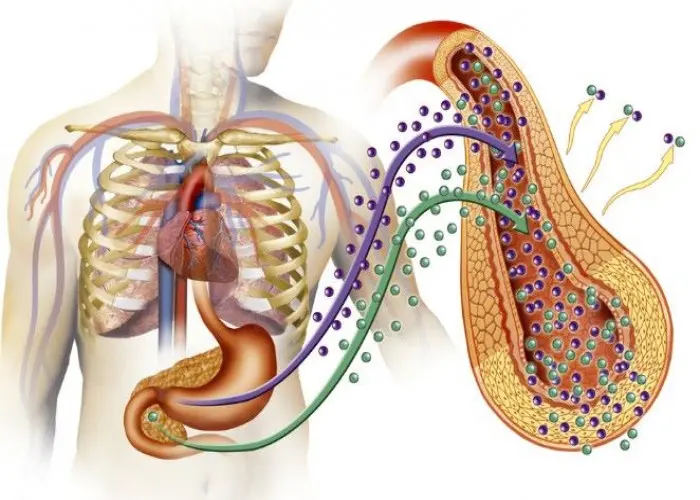
Diabetic hyperosmolar syndrome (DHS) is a serious complication of diabetes that occurs when blood sugar levels become very high and lead to severe dehydration. This condition usually occurs in people with type 2 diabetes who are older and have other health problems, such as high blood pressure or heart disease.
DHS is caused by a lack of insulin, which leads to an increase in blood sugar levels. As the blood sugar levels rise, the body tries to remove the excess sugar by passing it into the urine. This causes an increase in urine production, leading to dehydration. As the body becomes dehydrated, the blood becomes thicker and more concentrated, which can lead to blood clots and other serious complications.
The symptoms of DHS can develop over several days and may include extreme thirst, dry mouth, increased urination, weakness, confusion, seizures, and loss of consciousness. If left untreated, DHS can lead to serious complications, such as seizures, kidney failure, and even death.
The treatment of DHS involves restoring fluid and electrolyte balance, and lowering blood sugar levels. People with DHS are often admitted to the hospital and given intravenous fluids to rehydrate their body. Insulin is also given to lower blood sugar levels and improve the body's ability to use glucose for energy.
Preventing DHS involves proper diabetes management, including regular monitoring of blood sugar levels and taking medications as prescribed. People with diabetes should also follow a healthy diet, engage in regular physical activity, and avoid excessive alcohol consumption.
If you or someone you know experiences symptoms of DHS, it is important to seek medical attention immediately. DHS is a serious complication of diabetes that requires prompt treatment to prevent serious complications and even death. By managing your diabetes and taking steps to prevent complications, you can help protect your health and well-being.
Research Papers
Disease Signs and Symptoms
- High blood sugar
- Convulsions
- Blurred vision of eye
- Confusion (Hallucinations)
- Drowsiness
- Fever
- Dry skin
- Frequent urination
- Dry mouth
- Excessive thirst
- Coma
Disease Causes
Diabetic hyperosmolar syndrome
Diabetic hyperosmolar syndrome may be triggered by:
- Illness or infection
- Not following a diabetes treatment plan or having an inadequate treatment plan
- Certain medications, such as water pills (diuretics)
Sometimes undiagnosed diabetes results in diabetic hyperosmolar syndrome.
Disease Prevents
Diabetic hyperosmolar syndrome
Good daily control of your diabetes can help you prevent diabetic hyperosmolar syndrome.
- Know the symptoms of high blood sugar. Be alert for the warning symptoms of high blood sugar, as well as the situations that put you at risk of developing hyperosmolar syndrome, such as illness or infections.
- Monitor your blood sugar level. Monitoring will help you stay in your target range and alert you to dangerous highs. Ask your doctor how often you should test your blood sugar. Monitor more often when you're sick.
- When you're sick, drink plenty of liquids. Drink a glass of nonalcoholic, caffeine-free beverage hourly until you can ask your doctor for advice.
- Follow your diabetes management plan. Eat healthy meals, take medications as directed and exercise regularly.
- Educate your loved ones, friends and co-workers. Teach people you spend time with to recognize early signs and symptoms of blood sugar extremes — and to get emergency help if you pass out.
- Wear a medical ID bracelet or necklace. If you're unconscious, the ID can provide valuable information to others, including emergency workers.
- Stay current on vaccinations. Get an annual flu shot and ask your doctor if you need the pneumococcal vaccine, which protects against some forms of pneumonia.
Disease Treatments
Emergency treatment can correct diabetic hyperosmolar syndrome within hours. Treatment typically includes:
- Fluids given through a vein (intravenously) to treat dehydration
- Insulin given through a vein (intravenously) to lower your blood sugar levels
- Potassium and sometimes sodium phosphate replacement given through a vein (intravenously) to help your cells function correctly
If you have an infection or an underlying health condition, such as congestive heart failure or kidney disease, these conditions will be treated as well.
Disease Diagnoses
Disease Allopathic Generics
Disease Ayurvedic Generics
Disease Homeopathic Generics
Disease yoga
Diabetic hyperosmolar syndrome and Learn More about Diseases

Retention of Urine

Shigella infection

Agoraphobia

Deviated septum
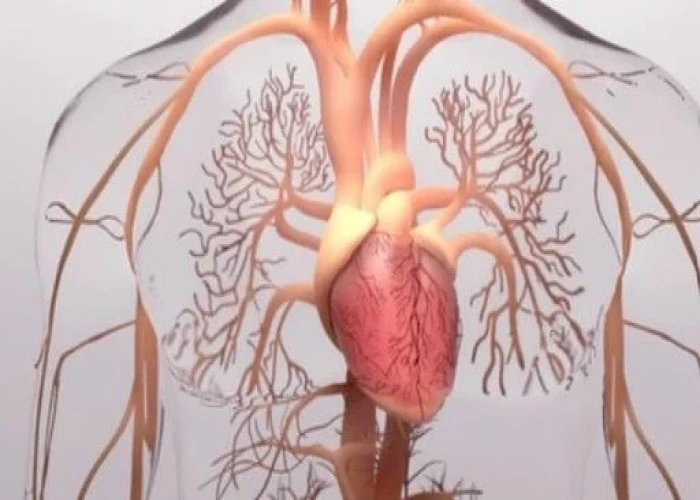
Pulmonary hypertension
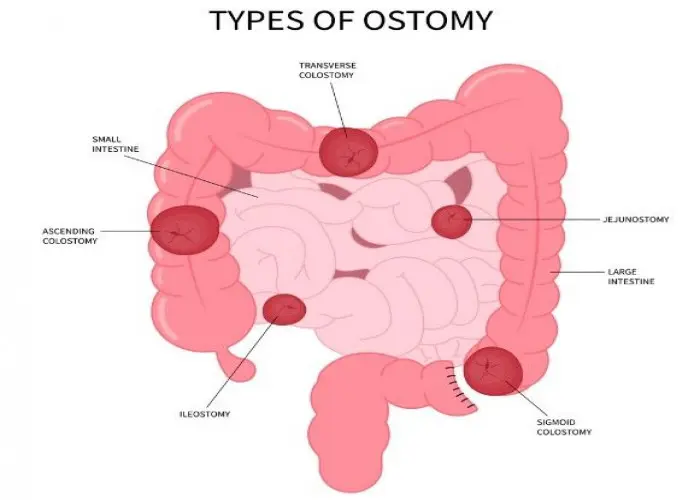
Familial adenomatous polyposis
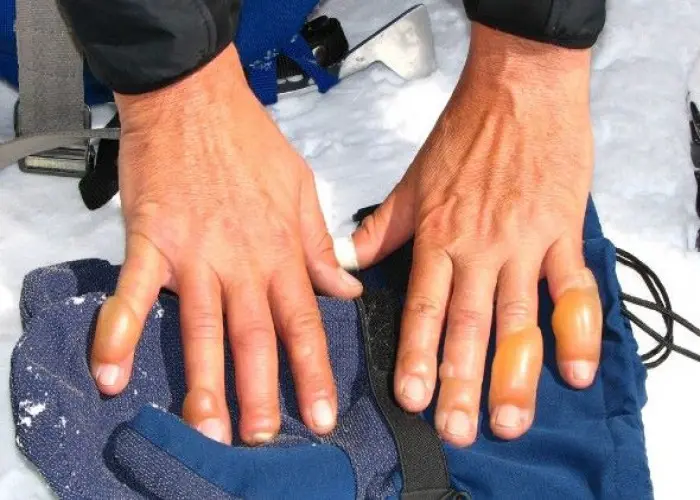
Frostbite

Umbilical hernia
diabetic hyperosmolar syndrome, ডায়াবেটিক হাইপারোস্মোলার সিন্ড্রোম
To be happy, beautiful, healthy, wealthy, hale and long-lived stay with DM3S.
